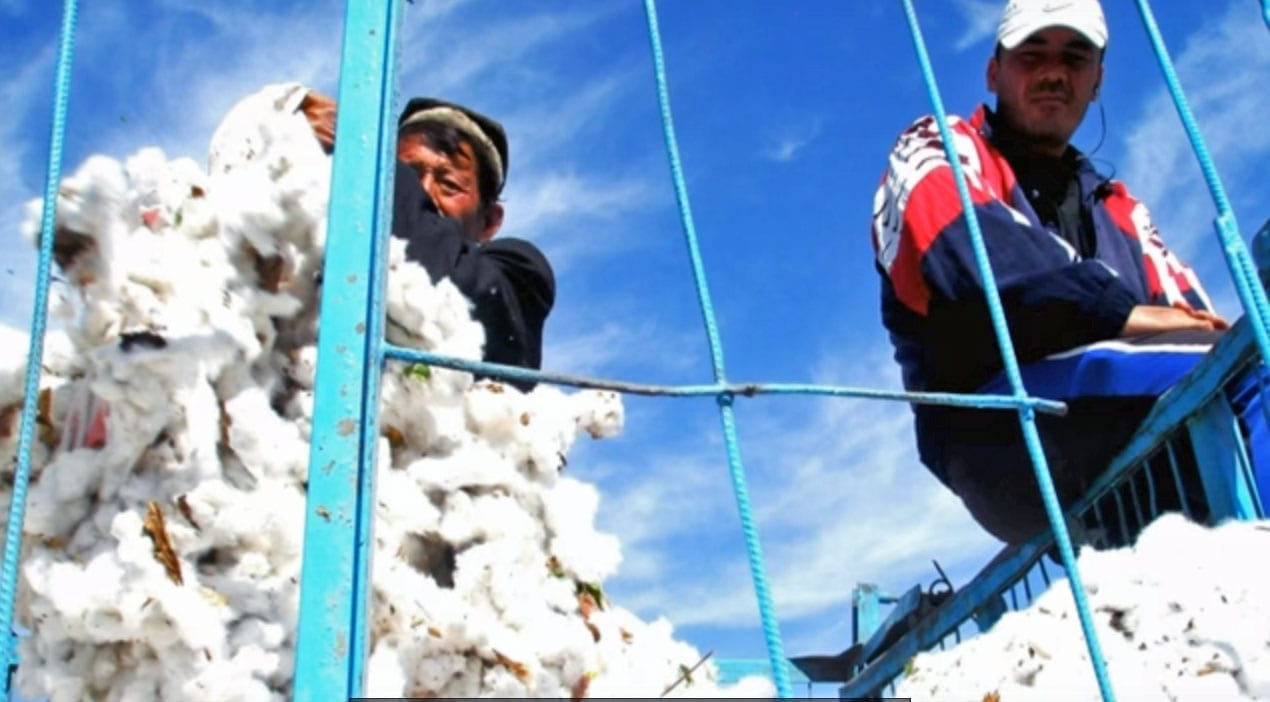The World Bank must convey to the Uzbek government that attacks against independent monitors assessing the extent of forced labor in the country’s cotton harvest will not be tolerated. The World Bank must also outline consequences should the attacks continue, according to the Cotton Campaign.
In a July 29 letter to key World Bank officials, the Cotton Campaign, a coalition of dozens of labor and human rights groups that includes the Solidarity Center, wrote:
“The World Bank should take all reasonable measures to create an enabling environment for independent actors to monitor projects that it finances. We have not seen the bank take such measures in Uzbekistan.”
The World Bank Group is providing more than $500 million in financing to the government of Uzbekistan for its agriculture sector and additional financing to multinational companies processing forced-labor cotton in Uzbekistan.
1 Million in Forced Labor During Cotton Harvests
During each fall cotton harvest, the Uzbekistan government forces more than 1 million teachers, nurses and others to pick cotton for weeks, deeply cutting services at schools and medical facilities. Last fall, the government went to extreme measures—including jailing and physically abusing those independently monitoring the process—to cover up its actions.
“The Uzbek government’s repression of human rights monitors has made it impossible for essential mitigation measures of monitoring and grievance redress to function,” according to the coalition, which sent the letter in advance of an early August roundtable meeting of the World Bank, the Uzbek government, the International Labor Organization and diplomatic missions in Uzbekistan.
The coalition also is requesting that the World Bank “obtain an enforceable commitment from the Uzbek government to allow independent journalists, organizations and individuals to have access to all World Bank project-affected areas and to monitor, document and report about forced labor without interference or fear of reprisal.”
Uzbekistan Downgraded in US Trafficking in Persons Report
In June, an Uzbek victim of forced labor in cotton production and three human rights defenders filed a complaint against the World Bank’s private lending arm, the International Finance Corporation (IFC). They seek an investigation into forced labor connected to a $40 million loan to Indorama Kokand Textile, which operates in Uzbekistan. The complaint presents evidence that the loan to expand the company’s cotton manufacturing facilities in Uzbekistan allows it to profit from forced labor and sell illicit goods.
Also in June, Uzbekistan and Turkmenistan, where forced labor in cotton harvests also is rampant, were downgraded to the lowest ranking in the U.S. State Department’s 2016 Trafficking in Persons Report.

